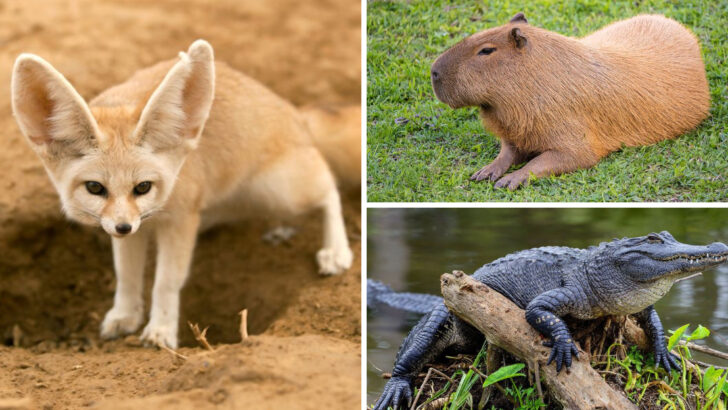When it comes to owning exotic pets, many people don’t realize just how dangerous some of these creatures can be, even if they’re kept in the comfort of a home. While some are truly beautiful and fascinating, others come with risks that could be life-threatening. From venomous snakes to wild cats, the list of potentially deadly pets legally allowed in the U.S. may surprise you.
If you’re considering getting an exotic pet, it’s essential to understand the dangers that come with some of these creatures. In this list, we’ll look at 23 of the deadliest pets you can legally own, along with what makes them so dangerous and why they shouldn’t be underestimated. Whether you’re a seasoned pet owner or just intrigued by the idea of owning something a little more out of the ordinary, it’s crucial to be aware of what you’re getting into.
Fennec Fox
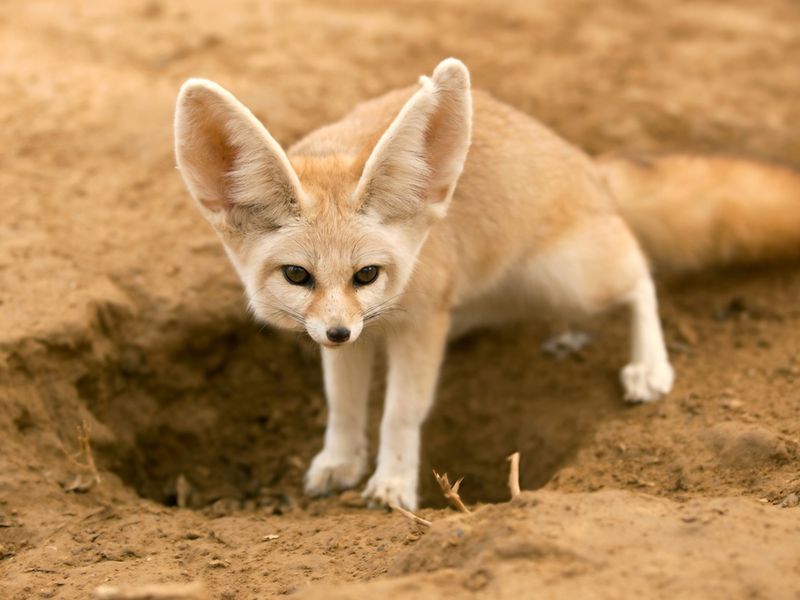
The fennec fox, native to North Africa, is known for its large ears and small size. While they may appear cute and cuddly, their behavior can be unpredictable.
These creatures require extensive socialization and can be quite vocal, disrupting household peace. Their strong hunting instincts may lead them to chase small pets or wildlife.
Keeping a fennec fox requires significant dedication to meet their environmental and dietary needs. Potential owners must prepare for a challenging yet rewarding experience, ensuring their lifestyle aligns with the fox’s natural behaviors.
Bengal Cat
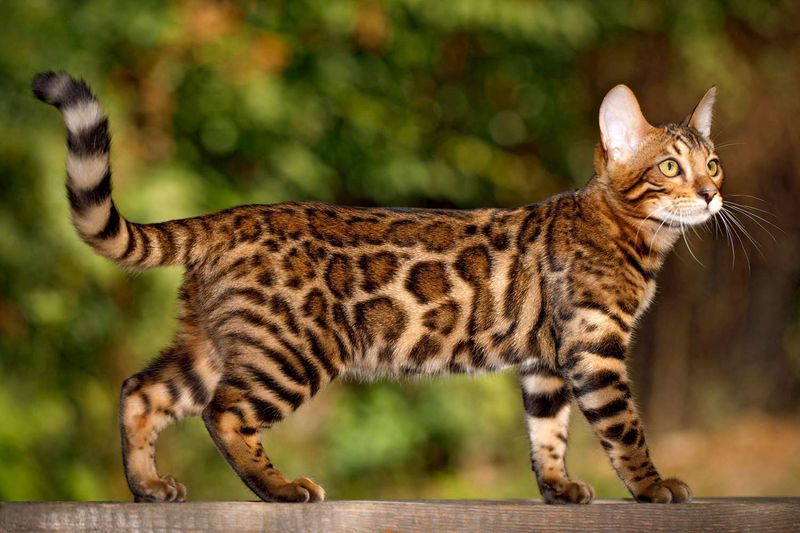
Bengal cats, with their striking spotted coats, resemble miniature leopards. They are energetic and require ample space to exercise.
These cats are known for their intelligence and curiosity, often getting into mischief if not properly entertained. Providing mental stimulation through toys and activities is crucial.
Despite their wild appearance, Bengal cats can form strong bonds with their owners. However, their high energy levels can be overwhelming for some, making them suitable only for those ready to commit to an active pet lifestyle.
Sugar Glider
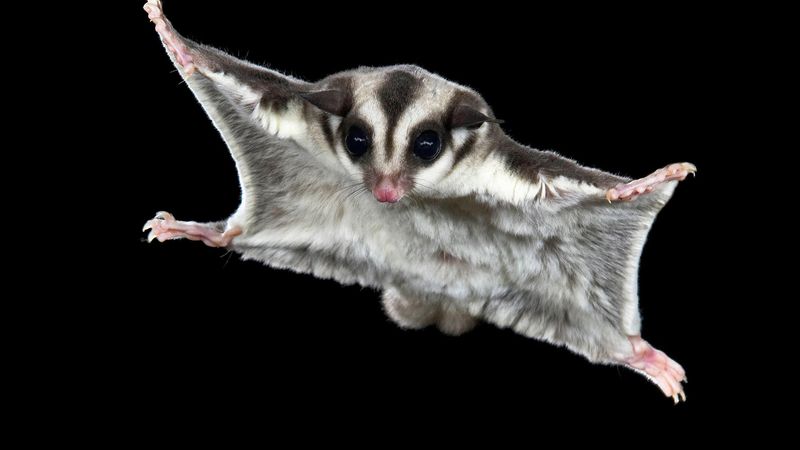
Sugar gliders are small, nocturnal marsupials known for their ability to glide between trees. Their social nature requires them to live in groups, making solitary housing unsuitable.
These creatures are highly active, needing ample space to climb and explore. Owners must provide a stimulating environment to prevent boredom.
While sugar gliders can bond with humans, they require significant time and effort. Their care demands include a specialized diet and regular interaction, making them a commitment not to be taken lightly.
Capybara
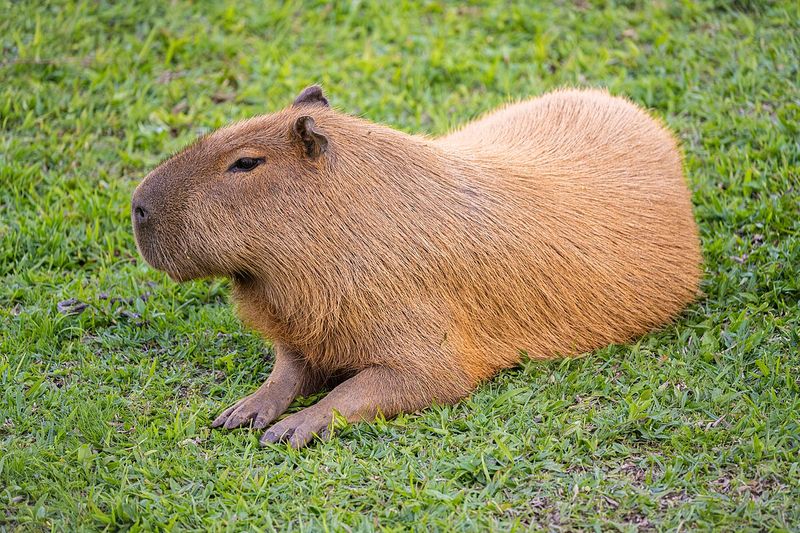
The capybara, the world’s largest rodent, is semi-aquatic and thrives in a water-rich environment. They are social animals, often living in groups in the wild.
Providing for a capybara means ensuring enough space and access to water for swimming and hydration. Their social needs require companionship, either from other capybaras or compatible animals.
These gentle giants can form bonds with humans but require commitment to their care and habitat needs. Potential owners must be prepared for their substantial space and dietary requirements.
Ball Python
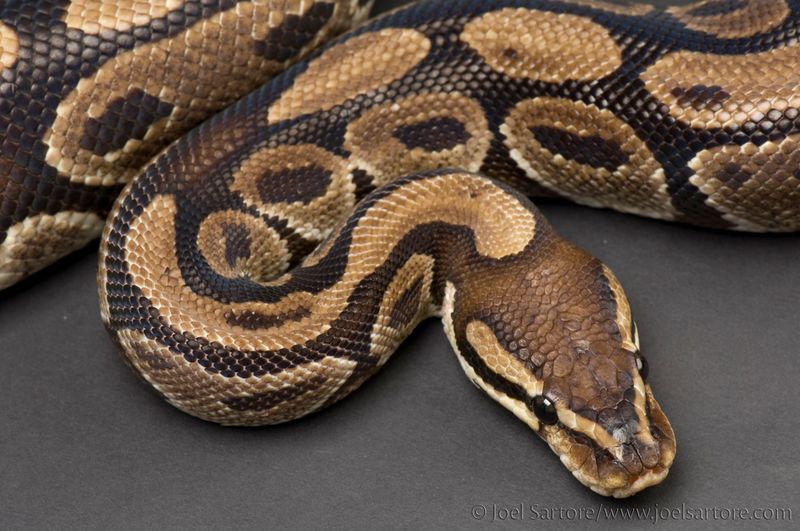
Ball pythons are popular pet snakes known for their docile nature and manageable size. They require specific habitat conditions, including temperature and humidity control.
Owners must be comfortable handling snakes and providing live or frozen prey. Regular feeding and health checks are vital to their well-being.
While generally low-maintenance, ball pythons need owners knowledgeable about reptile care. They can live for decades, so a long-term commitment is essential. Potential owners must consider their ability to provide consistent care throughout the snake’s life.
Savannah Monitor
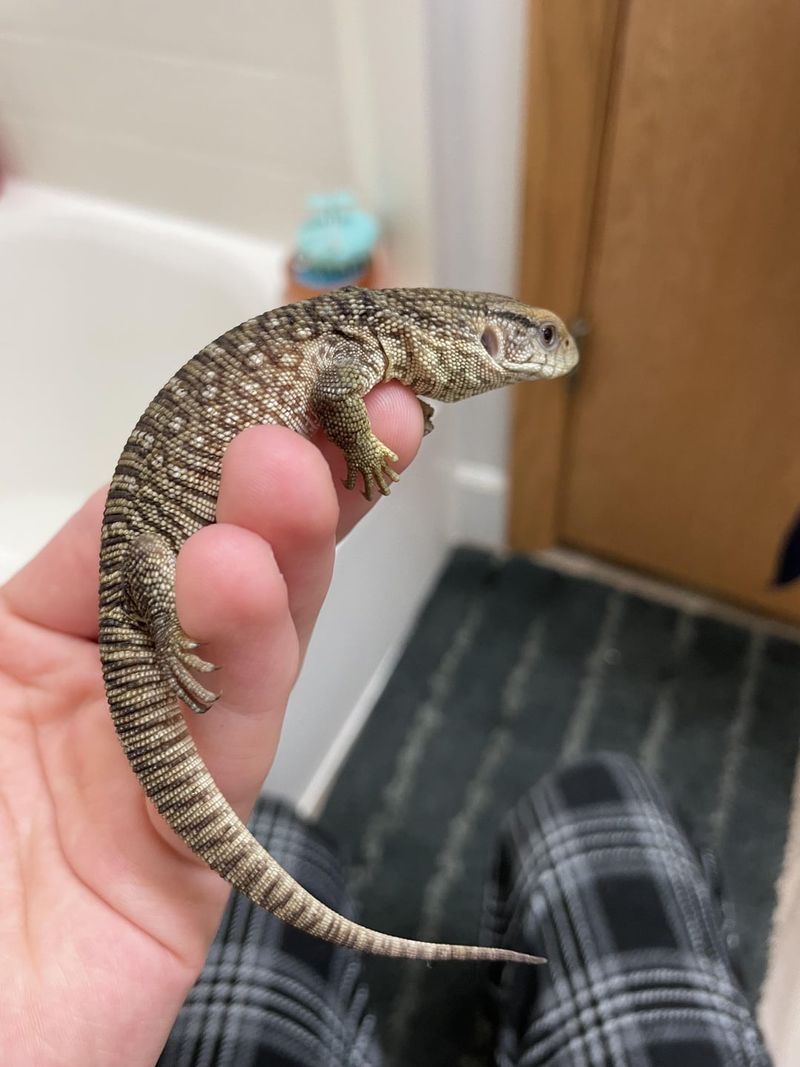
Savannah monitors are robust lizards native to Africa, requiring a large enclosure to accommodate their size and activity level. Their diet primarily consists of insects, small mammals, and occasional fruits.
These reptiles need a warm, humid environment, mimicking their natural habitat. Owners must invest in proper heating and lighting systems.
While savannah monitors can be tame, they require regular interaction to maintain trust with humans. Their care can be demanding, making them suitable for experienced reptile enthusiasts willing to dedicate time and resources.
Tarantula
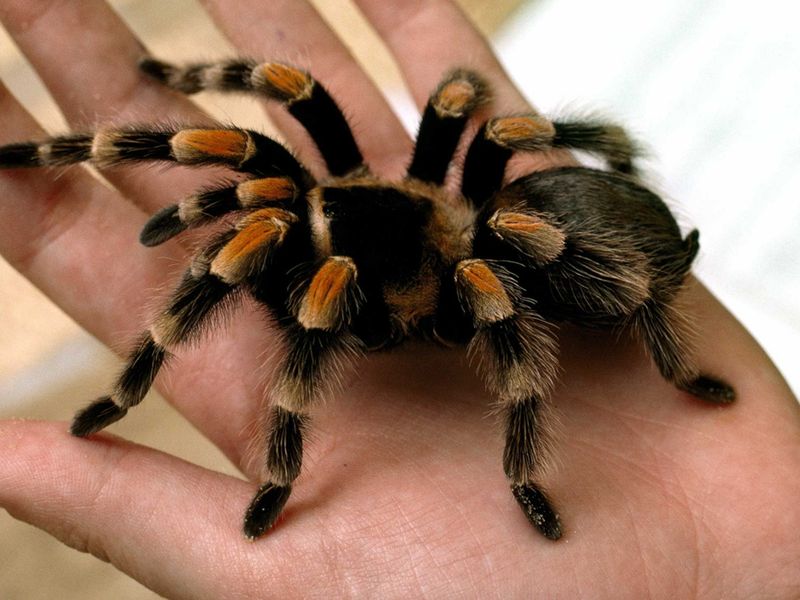
Tarantulas, with their intimidating appearance, are surprisingly low-maintenance pets. They require minimal space and can be housed in terrariums.
Feeding is straightforward, with a diet of insects like crickets or mealworms. However, their venomous bites can cause discomfort and require cautious handling.
Tarantulas make fascinating pets for those interested in arachnids. Despite their fearsome look, they pose little danger to humans if respected. Their care involves understanding their behavior and needs, making them ideal for enthusiasts ready to embrace an unconventional pet.
Scorpion
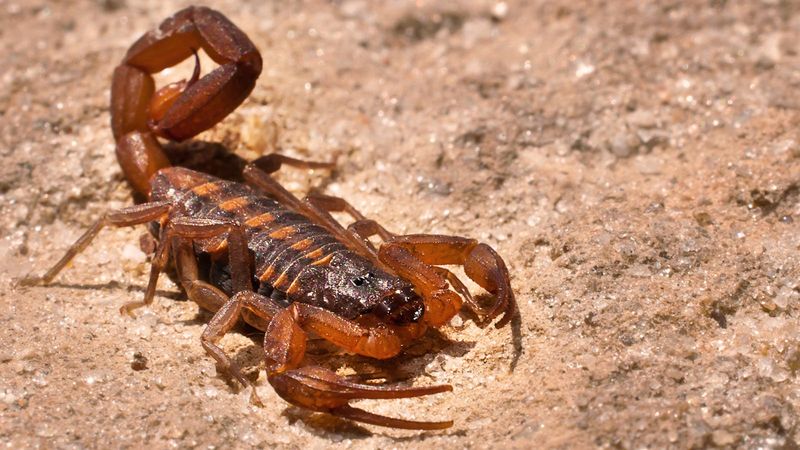
Scorpions are intriguing pets for those fascinated by arachnids. They require a secure enclosure to prevent escape and mimic their natural desert habitat.
Their diet consists of insects, and they require minimal handling due to their venomous sting. Scorpions are nocturnal, making them more active at night.
These pets are best for experienced enthusiasts who understand their needs. While they can be interesting to observe, caution is essential when handling. Their care emphasizes habitat setup and safety, providing a unique experience for those prepared for their demands.
Alligator
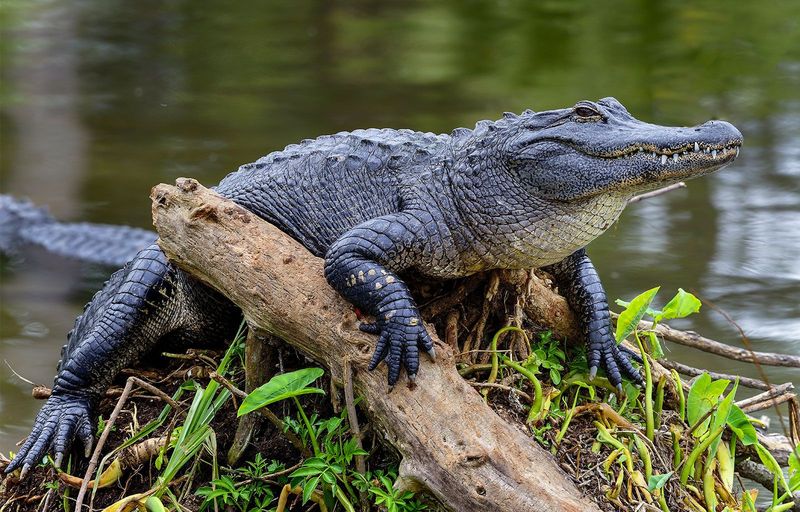
Owning an alligator is legal in some states, but it presents significant challenges. These reptiles grow large and require substantial space and resources.
An alligator’s diet is diverse, including fish, birds, and mammals. They need a habitat with water for swimming and basking areas.
Handling an alligator requires expertise and strength, as they can be dangerous. Only those with experience and proper facilities should consider them as pets. Their care demands a serious commitment to safety and welfare, ensuring they remain healthy and secure.
Green Iguana
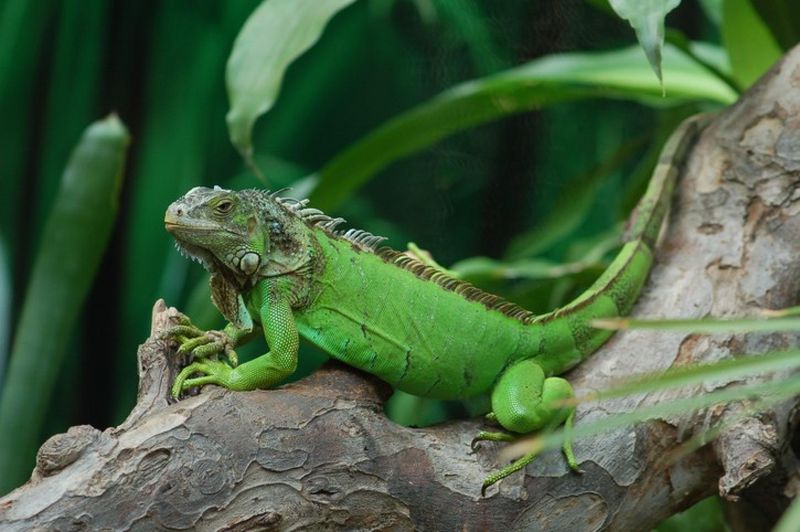
Green iguanas are popular yet demanding pets. They require large enclosures with climbing opportunities and need a vegetarian diet rich in leafy greens.
These reptiles thrive in warm, humid environments, necessitating controlled heating and lighting. Handling them can be challenging due to their size and temperament.
Iguanas can become tame with regular interaction but require knowledgeable owners. Their long lifespan means a long-term commitment, making them ideal for dedicated reptile enthusiasts. Potential owners must be prepared for their specific care needs, ensuring a healthy, enriching environment.
Prairie Dog
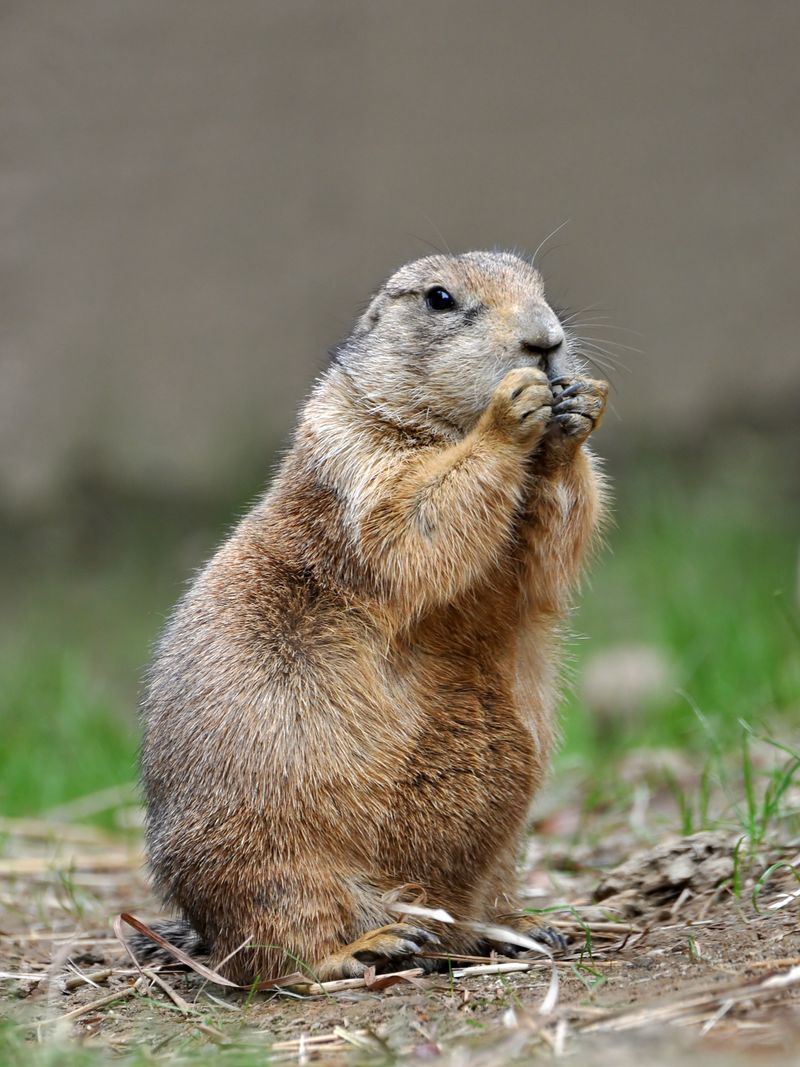
Prairie dogs are social rodents known for their complex burrowing habits. They need ample space and companionship to thrive.
These animals are active and require an engaging environment, with opportunities for digging and playing. Their diet includes grasses and vegetables.
While prairie dogs can bond with humans, their care requires significant time and effort. They are best suited for owners who understand their social and environmental needs. Potential owners must be ready for the commitment of maintaining their habitat and providing regular interaction.
Kinkajou
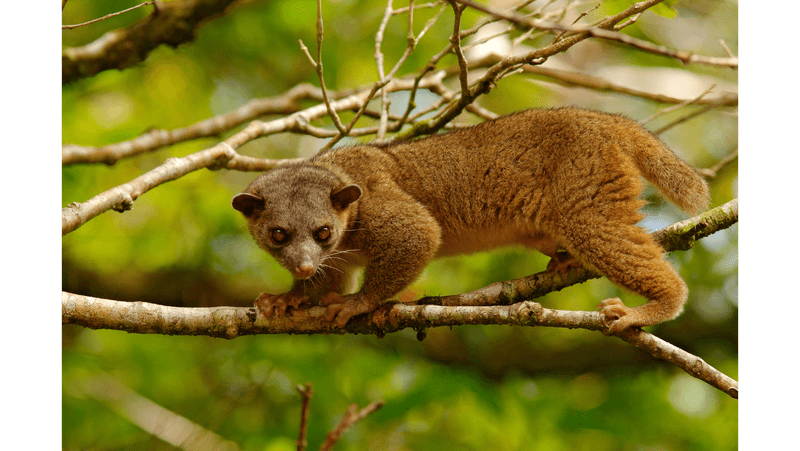
Kinkajous are nocturnal mammals native to Central and South America. They require large enclosures with plenty of climbing opportunities.
Their diet consists mainly of fruits and nectar, necessitating a balanced and varied diet. Kinkajous are social animals, needing regular interaction with humans or other kinkajous.
While they can form bonds with humans, their nocturnal nature may clash with typical human schedules. Potential owners must consider their ability to meet the kinkajou’s environmental and social needs, ensuring a happy and healthy pet.
Wallaby
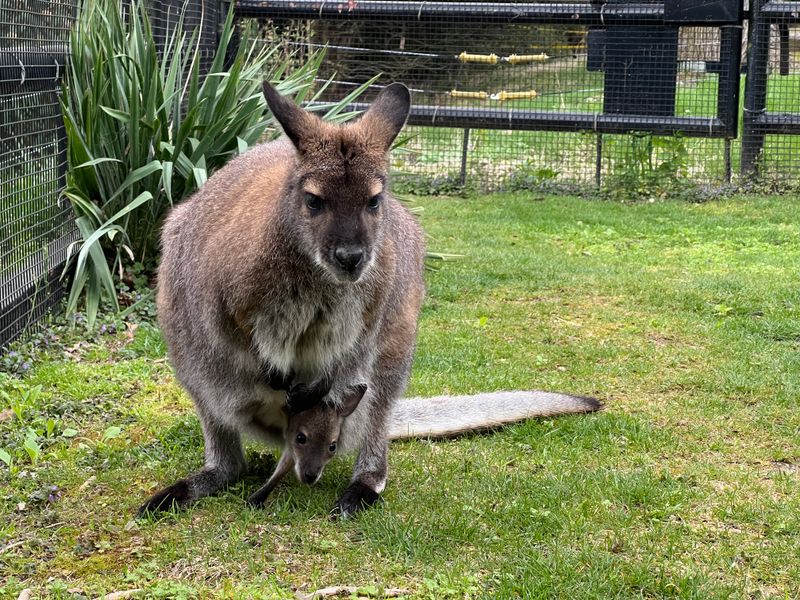
Wallabies, small relatives of kangaroos, require spacious outdoor environments to mimic their natural habitat. Their diet consists of grasses and leafy plants.
These marsupials are social animals and do well with companions. They require secure fencing to prevent escape and protect them from predators.
Wallabies can become tame but require patient handling to build trust. They are best suited for owners with ample space and dedication to their care. Their needs include social interaction and proper nutrition, making them a rewarding yet challenging pet.
Serval
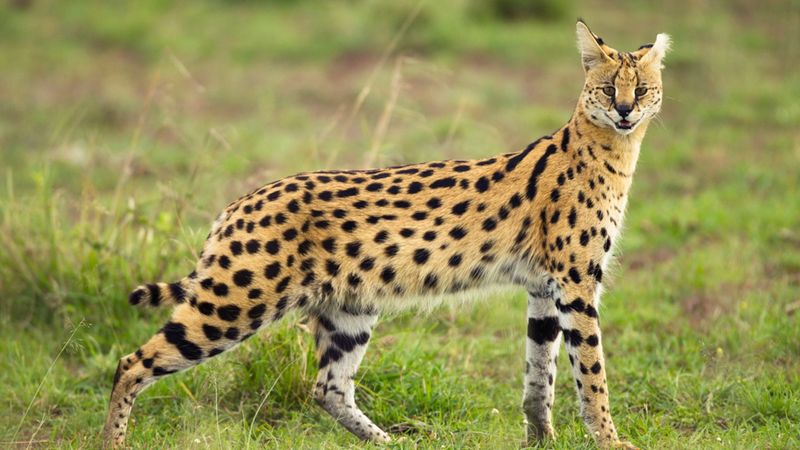
Servals are wild cats native to Africa, known for their long legs and spotted coats. They require large, secure enclosures to roam and express natural behaviors.
Their diet is carnivorous, including meat and bones. Servals can be playful but have strong hunting instincts, requiring cautious interaction.
These cats are best suited for experienced exotic pet owners. Their care demands commitment to providing appropriate space, diet, and enrichment. Potential owners must understand the challenges of keeping a serval, ensuring a safe and satisfying environment for both pet and owner.
Wolfdog
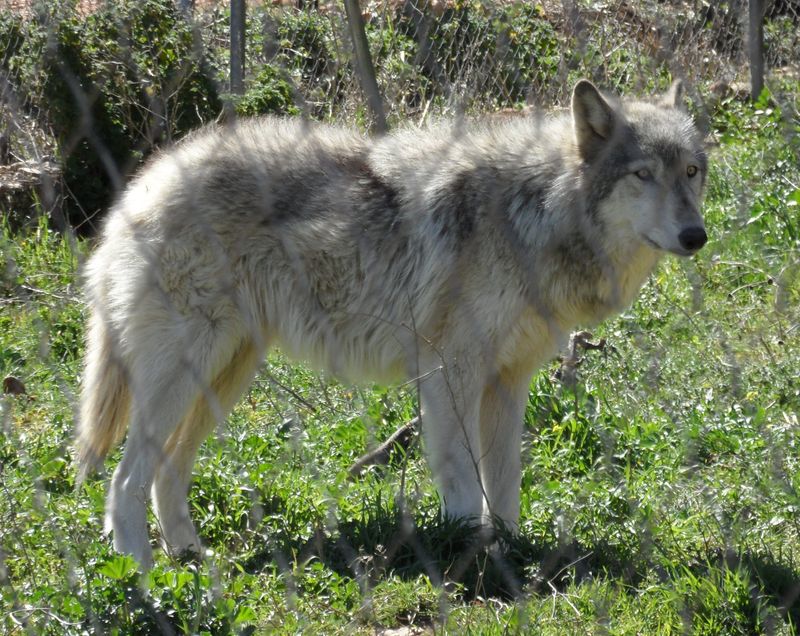
Wolfdogs, hybrids of wolves and domestic dogs, can be unpredictable and require experienced handling. They need extensive space and secure containment.
These animals have strong pack instincts and may not behave like typical domestic dogs. Their care involves understanding wolf behavior and providing appropriate socialization.
Wolfdogs are not suitable for first-time pet owners. They require a commitment to their unique needs, including proper enclosure and training. Potential owners must be prepared for the challenges and rewards of owning a wolfdog, ensuring they meet the animal’s complex demands.
Camel
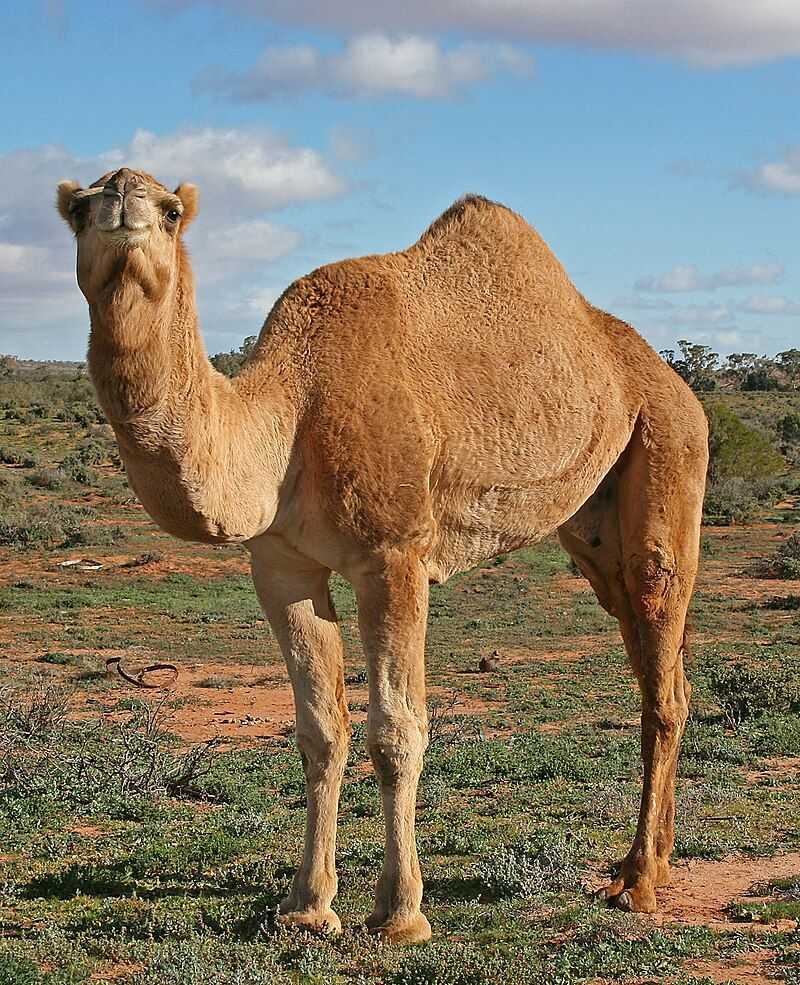
Camels, known for their endurance, require spacious environments and substantial resources. They thrive in arid climates and have specific dietary needs.
These animals are social and do well with companions. Their care involves regular health checks and understanding their unique behaviors.
Camels can be gentle and form bonds with humans, but they require experienced handlers. Potential owners must consider the significant commitment of time, space, and resources needed to care for a camel, ensuring a fulfilling life for the animal.
Crocodile
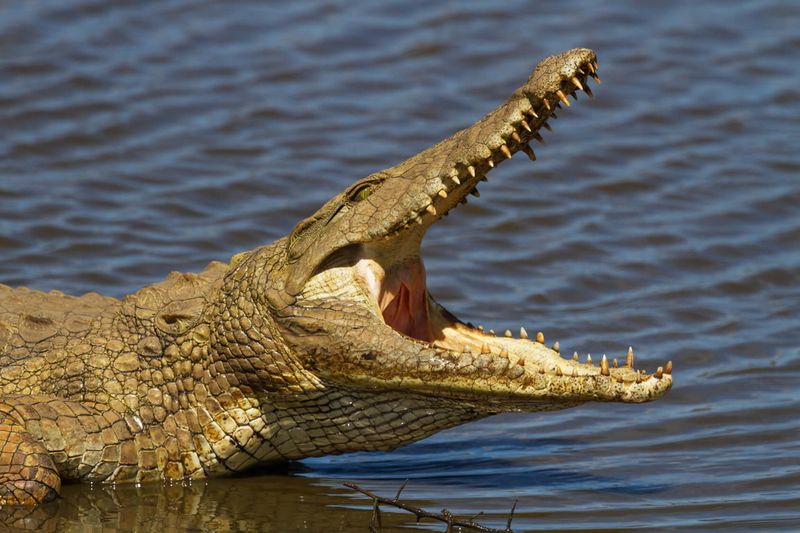
Crocodiles are powerful reptiles requiring specialized care and secure enclosures. They are best kept by experienced handlers with proper facilities.
Their diet includes fish, poultry, and mammals, necessitating careful feeding practices. Crocodiles are dangerous and require respect and caution.
Owning a crocodile is a serious responsibility. Potential owners must be prepared for the challenges of providing a safe and suitable environment, ensuring the animal’s welfare and the safety of others. Their care demands significant knowledge and resources, making them suitable only for dedicated enthusiasts.
Boa Constrictor
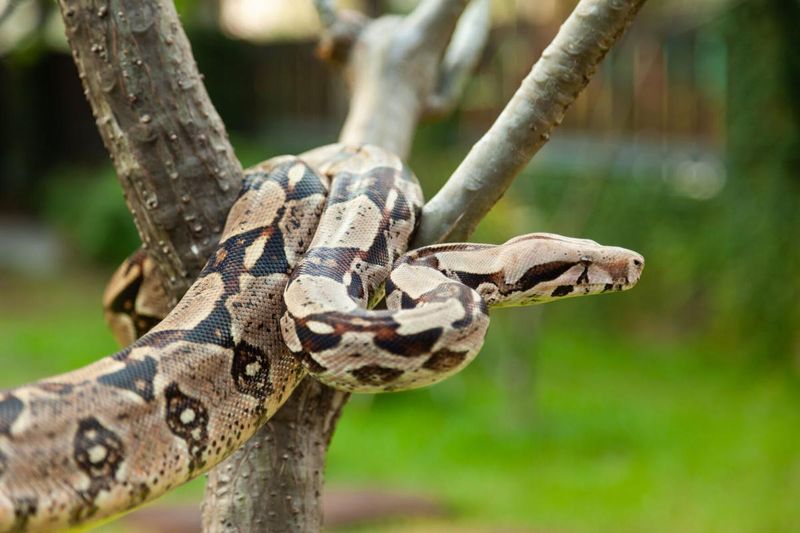
Boa constrictors are large snakes requiring spacious enclosures and proper habitat conditions. They need temperature and humidity control to thrive.
These snakes feed on rodents and birds, with feeding and handling requiring expertise. Planning for their long lifespan is essential.
Boa constrictors are fascinating pets for experienced reptile owners. Their care demands a commitment to maintaining suitable conditions and understanding their behavior. Potential owners must be prepared for the responsibilities of providing a secure and enriching environment for these impressive serpents.
Cougar
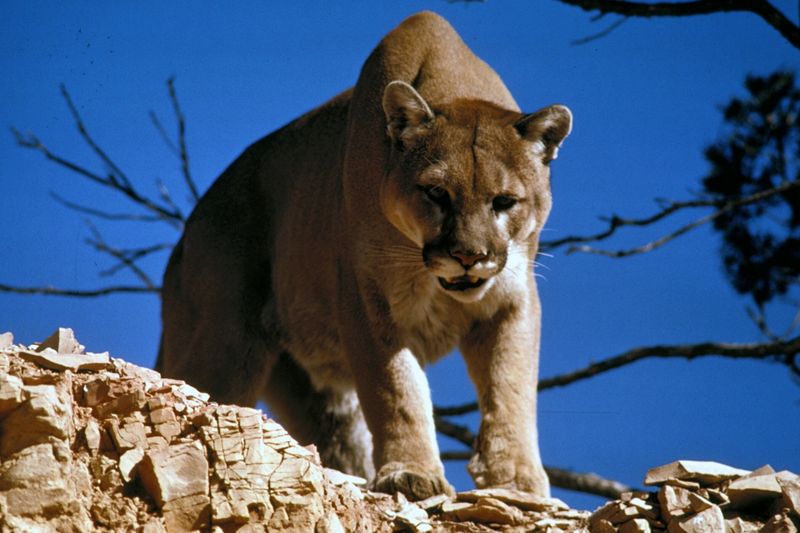
Cougars, also known as mountain lions, require large, secure enclosures and are best suited for experienced exotic pet owners. Their diet is carnivorous, consisting of meat and bones.
Handling cougars requires knowledge and respect for their wild nature. They are powerful animals and pose significant challenges.
Potential owners must consider the commitment of time, space, and resources needed to care for a cougar. Their care involves providing appropriate diet, enrichment, and safety measures, making them suitable only for those ready for the challenge.
Coyote
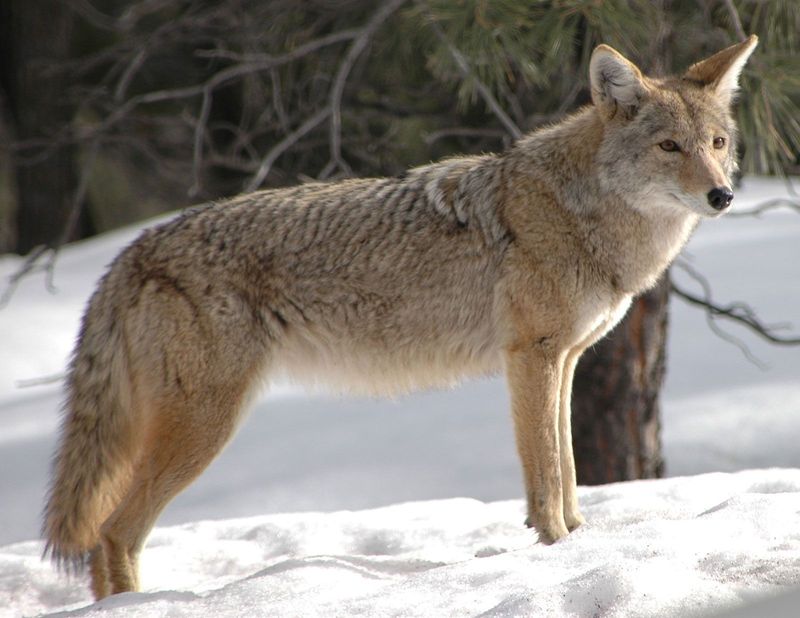
Coyotes are wild canines requiring secure enclosures and are best kept by experienced handlers. They have strong hunting instincts and need a carnivorous diet.
These animals are social and may not adapt well to domestic life, requiring understanding of their natural behaviors.
Coyotes are not suitable for inexperienced pet owners. Their care demands significant knowledge and resources, including proper enclosure and socialization. Potential owners must be prepared for the challenges and responsibilities of owning such a complex animal, ensuring both safety and well-being.
Ocelot
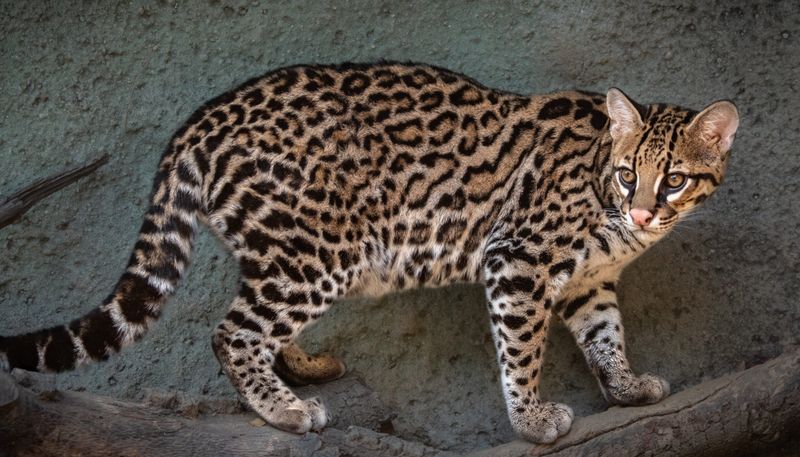
Ocelots are small wild cats with distinctive coats, requiring secure habitats to thrive. Their diet is predominantly carnivorous and demands careful consideration.
These cats are agile and require space to express natural behaviors. They can form bonds with humans but require experienced handling.
Potential owners must consider the commitment needed to care for an ocelot, including providing a suitable environment and enrichment. Their care demands understanding of their wild nature, making them ideal for those dedicated to maintaining their well-being.
Hyena
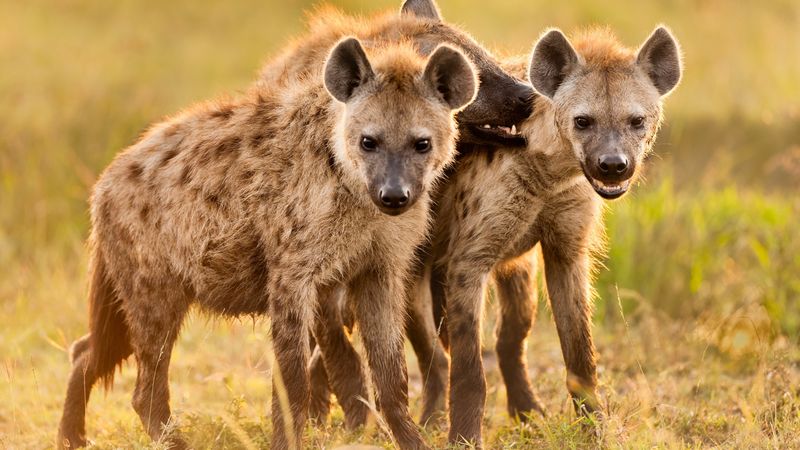
Hyenas, known for their distinctive laughter, require secure enclosures and extensive care. They have a carnivorous diet and need ample space.
These animals are social, requiring interaction with others of their kind or human companions. Handling hyenas requires expertise and caution.
Hyenas are not suitable for typical pet owners. Their care involves understanding their complex social structures and behaviors. Potential owners must be committed to meeting their needs, ensuring a safe and enriching environment for these unique creatures.
Raccoon
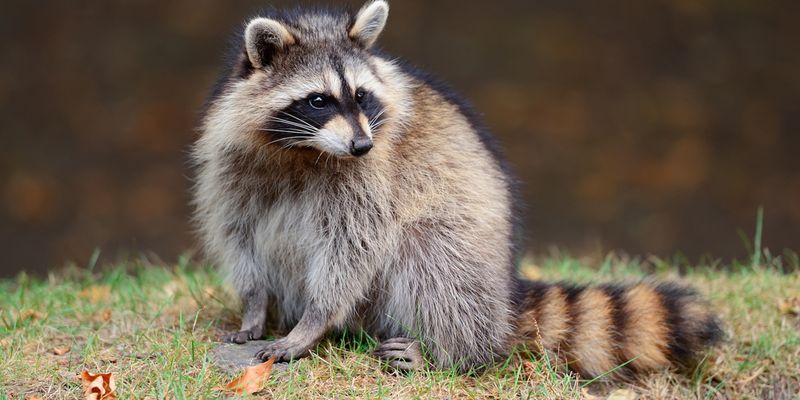
Raccoons are intelligent and curious creatures, often attracted to urban environments. They require secure habitats and ample stimulation to prevent boredom.
These animals have dexterous paws and can become mischievous if not properly contained. Their diet is varied, requiring careful dietary planning.
Raccoons can form bonds with humans but are challenging to maintain as pets. They require significant time and effort, making them best suited for dedicated owners. Potential owners must be prepared for the demands of providing a safe and engaging environment.

